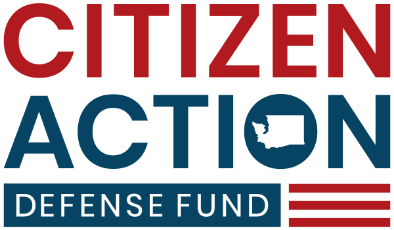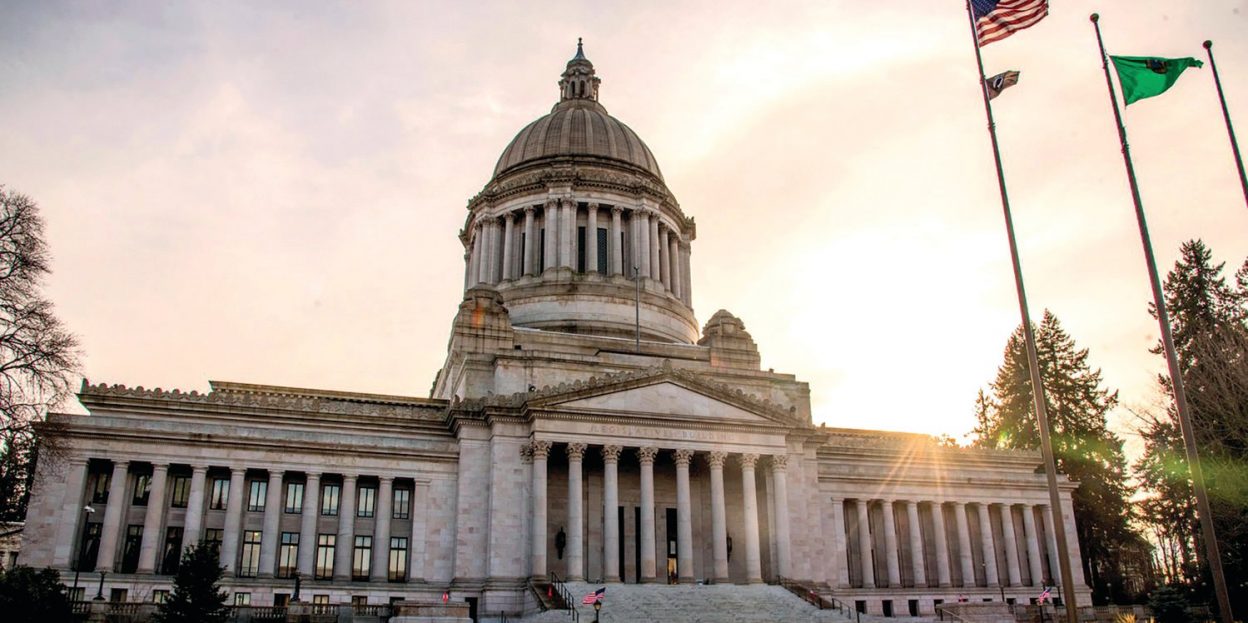CADF is a plaintiff in this federal suit that resulted in the delay of codes that restricted natural gas. Here’s a press release from the Building Industry Association detailing the suit.
OLYMPIA…At a special meeting of the Washington State Building Code Council (SBCC) today, council members voted to delay the implementation of new codes by 120 days to late October.
The SBCC also voted to start rulemaking for modifying commercial and residential energy codes to reduce the risk of preemption under the federal Energy Policy and Conservation Act (EPCA).
The moves come after a broad group of plaintiffs filed a federal lawsuit Monday seeking to halt or delay provisions of the state’s new energy code to protect energy choice for consumers and prevent the additional construction costs to comply.
“The decision to delay these costly and confusing new codes and return to rulemaking is welcome, but the battle for energy choice and common-sense codes is far from over,” said Greg Lane, Executive Vice President for the Building Industry Association of Washington. “Washington is out of step with the rest of the nation when it comes to these far-reaching codes. We’ll continue to fight for the rights of homeowners and those who build homes in communities across our state.”
New federal challenge after City of Berkeley ban invalidated
The federal lawsuit filed Monday is similar to the challenge a group in California won, blocking restrictions to natural gas infrastructure enacted by the City of Berkeley.
The coalition of individuals, labor and business industries, and trade associations filed suit in the US District Court for the Eastern District of Washington. They requested an injunction to block or delay the new codes that restrict natural gas in new commercial and residential construction as of July 1, 2023.
In California Restaurant Association v. City of Berkeley, the 9th Circuit Court of Appeals ruled federal law preempts the City of Berkeley’s ban on installing natural gas piping in new construction.
In its decision, the Court ruled the EPCA expressly preempts state and local regulations concerning the energy use of many natural gas appliances, including those used in household and restaurant kitchens.
The Court further noted that by its plain text and structure, the Act’s preemption provision encompasses building codes that regulate natural gas use by covered products. By preventing such appliances from using natural gas, the Berkeley building code violated the Act.
The federal lawsuit argues that the Ninth Circuit’s rationale for overturning the City of Berkeley’s natural gas ban also applies to Washington’s energy code.
Requests to three Washington cities
BIAW General Counsel Jackson Maynard also sent letters to the city attorneys Shoreline, Bellingham, and Seattle asking them to pause their local natural gas bans. The letters assert the “state is under the jurisdiction of the 9th circuit, so a final decision will be binding in our state and on local governments, as well as the parties to the case in California.”
Codes plagued with errors and inconsistencies
As building code officials, builders and remodelers engaged in training on the new codes, they identified several errors and inconsistencies.
In a letter to the SBCC on April 20, 2023, the group said, “The energy codes are incomprehensible due to significant inconsistencies within the text. This is causing training providers to lack confidence in the material they are teaching code officials and the building industry.”
Individuals sent more than 3,100 direct messages to the members of the SBCC expressing their concerns.
State lawsuit challenges rulemaking and feasibility
In late February, a coalition of trade associations, union representatives, businesses and homeowners banded together to file a lawsuit to challenge three rules passed by the State Building Code Council late last year amending the state commercial and residential building codes, the energy code, and the wildland urban interface code.
The suit alleges the State Building Code Council approved the rules without legislative authority and in direct violation of the state’s Administrative Procedure Act. It further alleges the council ignored cost studies and feasibility reports in making its decisions.
Natural gas ban affects housing affordability and comfort
Washington’s new energy codes add a minimum of $9,200 to the cost of a new home. According to a recent report by the National Association of Home Builders, a median-priced new home in Washington already costs $210,000 more than the national average — $635,131 compared to the national average of $425,786. At that price, nearly 81 percent of Washington’s 3.1 million households can’t afford a home.
Lack of energy choice not only affects housing affordability and availability, but also harms potential homeowners in areas where electrical outages threaten families’ abilities to stay warm or cook.
Roughly one-third of Washington households use natural gas as their primary energy source for home heating, according to the Energy Information Administration.

